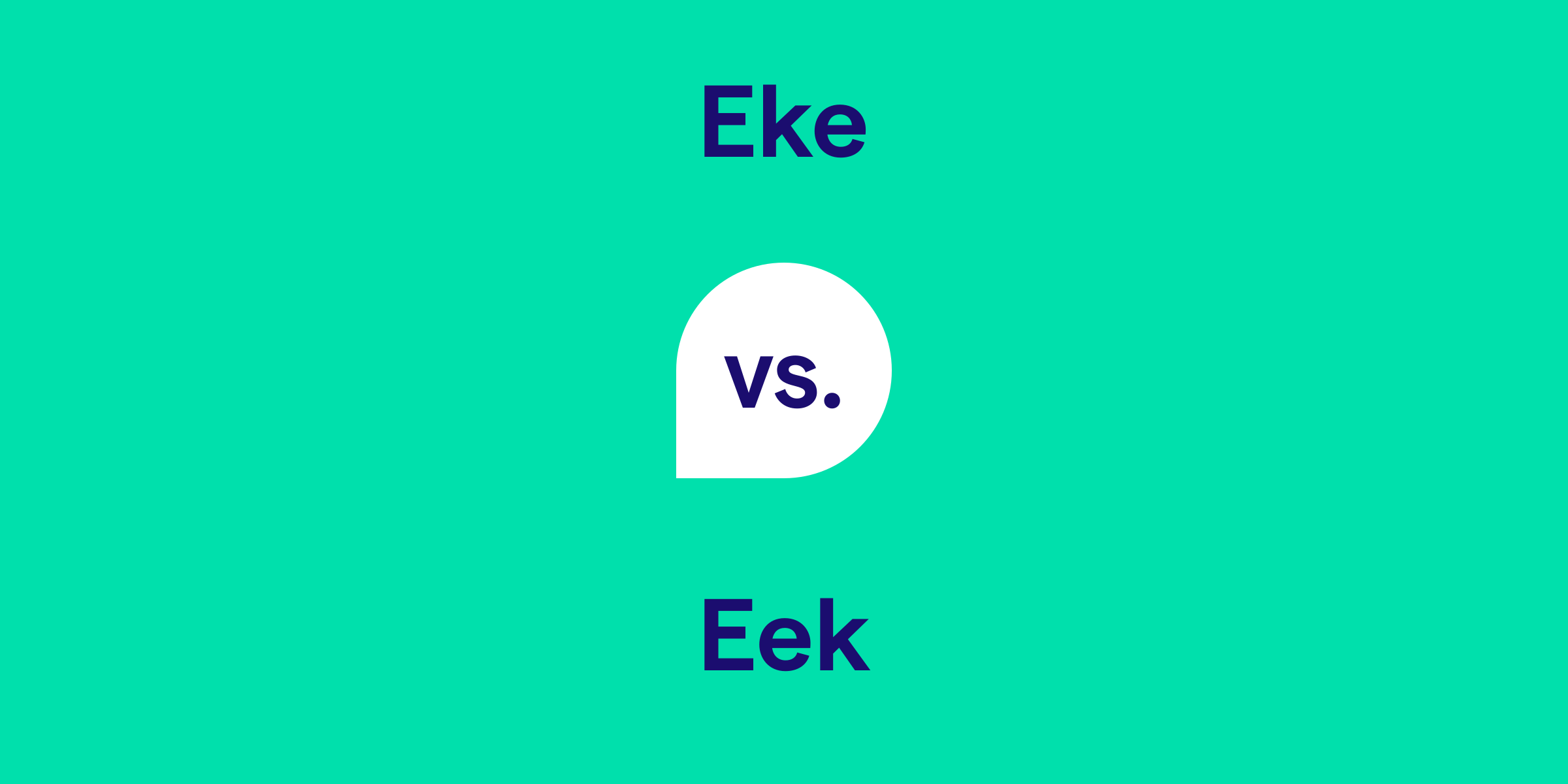Eke vs. Eek: What's the Difference?
The words eke and eek might sound similar, but they have entirely different meanings and uses. Eke is generally used as a verb, meaning to make something last longer by using it sparingly or to supplement. On the other hand, eek is an interjection expressing surprise or fear. Understanding the context in which each word is used is essential for using them correctly.

How do you use the word eke in a sentence?
You use the word eke as a verb when you want to describe someone managing to support themselves with difficulty, usually by making their resources stretch further. It's often paired with 'out' to form the phrase 'eke out.' This term is particularly useful when discussing situations of scarcity or the need for frugality.
Examples of eke in a sentence
- She found ways to eke out her savings over the course of her trip.
- Farmers have to eke a living from the small amount of arable land that's left.
- Despite the shortage, they managed to eke the supplies out until help arrived.
How do you use the word eek in a sentence?
The word eek is used as an interjection to express alarm, shock, or surprise. It's a spontaneous utterance you might hear someone say when they are startled or scared by something unexpected, like a mouse running across the floor. It's a simplistic, almost comic, expression that's widely recognized.
Examples of eek in a sentence
- When she saw the spider, she couldn't help but exclaim, 'Eek!'
- 'Eek, there's a bee!' he yelled, swatting at the air.
- I opened the attic door and out popped a bat, making me shout 'Eek!' in fright.
Eke and eek definition, parts of speech, and pronunciation
Eke definition:
Eke means to manage or support oneself with difficulty; to make something such as food or money last longer by using it sparingly.
Eke parts of speech:
Eke pronunciation:
Eke is pronounced as /iːk/.
Eek definition:
Eek is an exclamation used to express surprise, fear, or alarm.
Eek parts of speech:
Eek pronunciation:
Eek is pronounced as /iːk/, identical in sound to eke.
Eke means to manage or support oneself with difficulty; to make something such as food or money last longer by using it sparingly.
Eke parts of speech:
- Verb: She hoped to eke out her fuel until the next gas station.
Eke pronunciation:
Eke is pronounced as /iːk/.
Eek definition:
Eek is an exclamation used to express surprise, fear, or alarm.
Eek parts of speech:
- Interjection: 'Eek, what was that noise?' she whispered.
Eek pronunciation:
Eek is pronounced as /iːk/, identical in sound to eke.
Eke vs. Eek in a nutshell
While eke and eek are homophones, they serve distinct functions in language. Eke is a versatile verb often associated with the concept of stretching limited resources. In contrast, eek is a reflexive interjection that conveys a startle or scare. Remember, eke relates to endurance or frugality, and eek to the instinctual voice of surprise. Misuse of one for the other in written or spoken language can lead to humorous misunderstandings.
Get AI Writing Assistance Wherever You Type
Make sure your vocabulary is on point and every punctuation mark is in the right place, no matter where you’re working. Grammarly works across more than 1 million websites and apps so you can improve your writing without copying, pasting, or breaking focus.

More Commonly Confused Words
Interest piqued? Pore (not pour) over other commonly confused words to help your writing reach peak (not peek) performance.